HTC is fighting back! Enlists new chipset partners in a bid to take on the low-cost segment

Despite its widely-recognized brand name, HTC is, even today, a relatively small player in the industry. Us geeks like to think that the best products are the ones to eventually win the crowd, and HTC definitely has a truly compelling portfolio, yet competing nowadays has been mostly reduced to surviving, unless you're Apple or Samsung. The Taiwanese company is fully aware of this, and is finally taking action to rectify the increasingly gloomy situation, by adding new chipset partners to its supply chain. This means that the company's long-standing partner, Qualcomm, is now further feeling the heat from ultra-cost manufacturers.
"From the perspective of Qualcomm, MediaTek Inc. and other chipmakers, they should be thinking about how to take advantage of the overall trend to secure and expand their ground in the market. So there's likely to be a restructuring," said Jack Tong, head of China and North Asia President at HTC .
"HTC will evaluate the situation," notes Tong. "If most players in the industry are seeking high performance to cost, then we would not be able to ignore such a trend despite good design and applications."
The new HTC chip suppliers include Spreadtrum and Broadcom, and even the now dissolved ST Ericsson has a role to play. Much to our taste, this is not the usual 'announce now, do later' type deal, but instead these chips are already powering existing, commercially available products. We're talking about the slew of new Desire handsets that HTC unveiled yesterday, of course. The new HTC Desire 501, for example, has a 1.15GHz dual-core ST Ericsson U8520 processor powering it, while the Desire 601 relies on a 1.2GHz quad-core Broadcom Java SoC. The biggest of the new HTC entrants, the Desire 700, carries a 1.2GHz quad-core Spreadtrum Shark chip, leaving only the Desire 300 in the tested hands of Qualcomm's 1GHz dual-core Snapdragon S4.
source: Focus Taiwan
Follow us on Google News




![Some T-Mobile users might be paying more starting in March [UPDATED]](https://m-cdn.phonearena.com/images/article/176781-wide-two_350/Some-T-Mobile-users-might-be-paying-more-starting-in-March-UPDATED.webp)

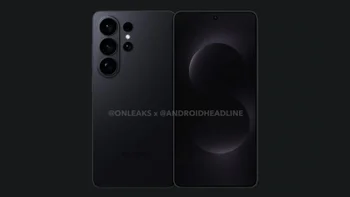
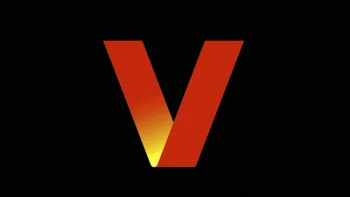
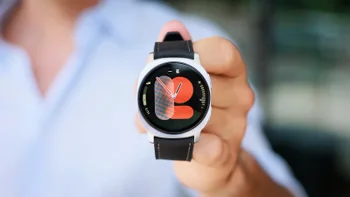
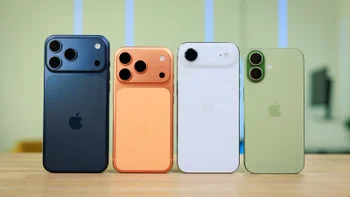
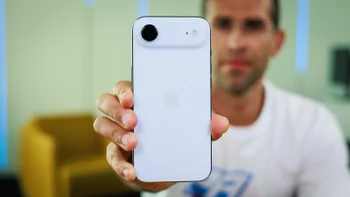


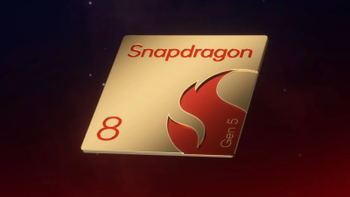
Things that are NOT allowed:
To help keep our community safe and free from spam, we apply temporary limits to newly created accounts: